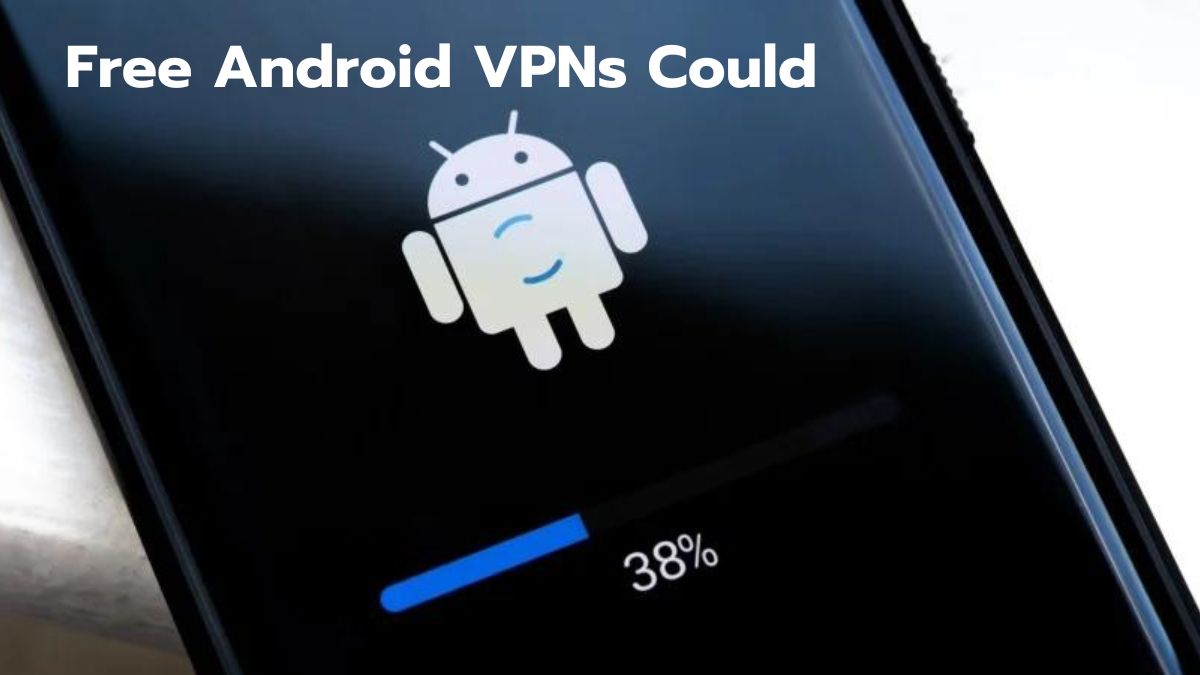Free Android VPNs: In the digital age, online privacy and security are paramount. Many people turn to Virtual Private Networks (VPNs) to protect their data and maintain anonymity. However, a recent report reveals that dozens of free Android VPNs could be doing more harm than good.
Table of Contents
Free VPNs are often attractive because they don’t require a subscription fee. But these VPNs may expose your IP address and contain malware. This means that instead of protecting your data, these VPNs could be making you more vulnerable to cyberattacks.
Dozens of Free Android VPNs Could

Malware and IP Leaks
According to the report, 20% of the examined apps were flagged by antivirus software as containing Trojan malware. Some of these apps also make contact with IP addresses that have been flagged as malicious by cybersecurity firms. This raises serious concerns about the safety of using these free VPNs.
The Importance of Choosing a Secure VPN
While free VPNs can be risky, not all VPNs are bad. Some free Android VPNs, like Atlas VPN and BitDefender VPN, did not have IP leaks or DNS leaks. It’s crucial to research and choose a VPN provider that values user security and privacy.
What is the safest VPN option?
Here are some of the safe VPN options:
- Proton VPN: It’s our top pick for the best overall VPN. It includes multi-hop connections and access to the Tor network via VPN, in addition to the usual VPN capabilities.
- NordVPN: Known for its stellar reputation for digital security, thanks to its handy Double VPN feature and rock-solid encryption. NordVPN even has its own built-in cybersecurity tools.
- ExpressVPN: It always impresses, with impenetrable encryption and a verified no-logging status. Plus, its sleek apps handle all of the complicated configurations for you.
- Surfshark: A highly reliable VPN with RAM servers.
- PureVPN: An affordable VPN with industry-first always-on audit.
- Private Internet Access (PIA): Combines battle-tested encryption with an audited no-logs policy.
- IPVanish VPN: Best for multi-device households
- CyberGhost VPN: A secure VPN with lots of servers
| Spacetop G1, the Screenless Wonder, Set to Revolutionize Computing | Motorola Brings Ai Features in 2024 to Edge Phone |
|---|
How do I set up a VPN on my device?
Setting up a VPN on your device is a straightforward process. Here are the general steps you can follow:
Step 1: Choose a reliable VPN provider. Some of the safe options include Proton VPN, NordVPN, ExpressVPN, Surfshark, PureVPN, Private Internet Access (PIA), IPVanish VPN, and CyberGhost VPN.
Step 2: Purchase a subscription and download the native VPN app on your device.
Step 3: Open the app and sign in or register an account.
Step 4: Choose a VPN server and click “Connect” in the VPN app.
Remember, the exact steps may vary depending on the VPN provider and your device’s operating system.
Conclusion
In conclusion, while VPNs can provide an extra layer of security, it’s important to be cautious when choosing a VPN provider. Remember, if a service is free, you could be the product. Always prioritize your online security and don’t compromise it for the sake of saving a few dollars.
1. Is VPN a high risk VPN?
VPNs are generally safe for transmitting data over the internet but aren’t 100% secure. However, some VPNs may have vulnerabilities and don’t address all security risks.
2. Which VPN is very secure?
Proton VPN, NordVPN, and ExpressVPN are considered some of the most secure VPNs, offering strong encryption and privacy policies.
3. Is A VPN 100% Secure?
While VPNs are generally safe for transmitting data over the internet, they aren’t 100% secure. The level of security depends on the VPN provider and its features
4. Is ExpressVPN free?
No, ExpressVPN is not free. It offers premium services with different subscription plans, but there is no free trial.